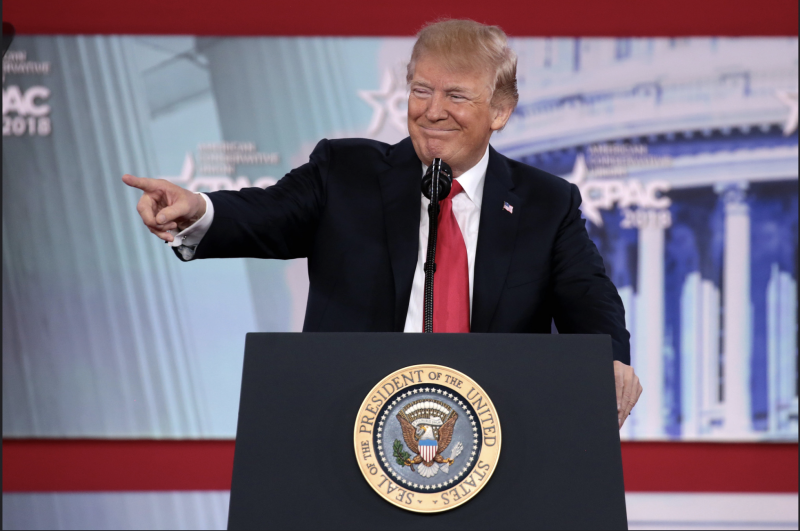
President Trump’s Fiscal Year 2021 budget calls for expanding tax advantaged Health Savings Accounts (HSAs) by allowing working seniors eligible for Medicare to continue using their account. This will reduce taxes, promote patient centered healthcare, and encourage robust saving.
Since they were created in 2004, HSAs have become a popular and successful vehicle for individuals to spend and save their own money for a wide array of healthcare needs. However, under current law, workers who are Medicare eligible are not allowed to contribute to an HSA even if they have an HSA qualified plan. The budget fixes this needless restriction.
HSAs are used in conjunction with low premium, high deductible health insurance plans and can be used to pay for many expenses, including doctor visits, prescription drug costs, and hospital care.
Today, HSAs are used by almost 30 million American families and individuals. Annual contributions to an HSA in 2020 are capped at $3,550 for an individual and $7,100 for a family. Both an individual and employer can make contributions.
HSAs have been successful in promoting efficient healthcare spending that prioritizes consumer driven healthcare over one-size-fits-all care.
Funds are controlled by the individual and follow them between jobs, creating an incentive to spend funds wisely. Research shows that families and individuals that utilize HSAs spend less on health care and use fewer medical services without forgoing necessary primary and preventative care.
HSAs can be a significant vehicle to pay for healthcare expenses. An HSA user can accumulate as much as $600,000 after contributing to an account for 40 years assuming a rate of return of 5 percent, according to the Employee Benefit Research Institute.
HSAs also reduce taxes for American families. HSAs offer triple tax benefits to users – contributions made are tax free, investments are earned tax free, and payments made for qualifying health expenses are tax free.
Allowing Medicare-eligible seniors to continue using their HSAs will continue the success of these tax advantaged accounts in promoting healthcare savings and lowering taxes.
